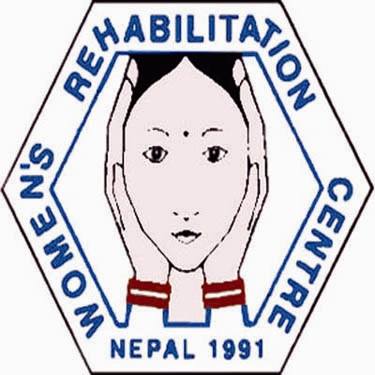
Minister Tham Maya Thapa expressed her commitment towards implementation of concluding observation of CEDAW committee
Minister of Women, Children and Senior Citizens Tham Maya Thapa stated that the government is committed towards gender equality and the elimination of all forms of discrimination against women. She expressed her commitment to formulate plans and policies for implementation of the concluding observation provided by the CEDAW committee speaking in a National Consultation on the “Implementation of concluding observation of the committee on the Elimination of Discrimination Against Women on the sixth periodic review of Nepal”.
Minister Thapa who was also a leading Nepali delegation to the 71st Session of the Committee on the Elimination of Discrimination against Women insisted, “Patriarchal mindset needs to be challenged and changed by organizing campaigns for the social transformation to ensure the right to dignified life and recognition of women’s identity.”
Further, she added that she was aware of the problems raised by women human right activist on obtaining citizenship to the child in the name of mother, “Despite the fact that mother have reproductive right along with their responsibility to raise them, the problem remains to provide citizenship to the children. We have forwarded this matter in Parliamentary Committee for further discussion.”
Murari Kharel, Director of National Women Commission stressed that concluding observation provided by CEDAW committee should be disseminated at the local for its effective implementation. The proper coordination and collaboration among the key government stakeholders plays vital role in its implementation. The budget as well as the plans and policies in the local level should be women and children friendly considering the recommendation provided by the CEDAW committee.
Shanta Bhattarai, chief of Women and Children Department informed that there has been enough coordination with the local level authorities for the initiation of budget allocation focusing on the issues of women and children. She added local government should be more accountable for awareness-raising program and women-friendly services.
First day of discussion highlighted several key issues including citizenship in the name of women, the denial for their right to mobility, access to the justice of conflict-affected women, health and education. The participants highlighted that the conflict-affected women are denied access to justice and right to live a dignified life.
Further, it was discussed that people’s perception towards women to have higher chances of getting trafficked once they leave the home is deep-rooted, and it violates migrant women workers’ right to mobility. Lack of appropriate policies and restrictions in their mobility has compelled women to migrate through illegal routes.
While the government of Nepal has formulated various plans and policies, it fails for effective implementation.
Participants suggested that lack of information and monitoring mechanisms among the implementing bodies, absence of effective research and sustainable supporting mechanisms for violence survivors are major challenges for effective implementation of the plan, policy, and law.
The participants added that – the monitoring and capacity building of the ministry of women, children and senior citizen along with other ministries are essential.
Over 100 representatives from various civil societies, women human right activists, representatives from National Dalit Commission, National women commission, National human right commission, Ministry of women, children and senior citizen and their concerned authorities participated in the program.
This national consultation was organized by WOREC in collaboration with Human Rights Treaty Monitoring Coordination Committee on 4th – 5th July 2019 at Kathmandu.
***
For a PDF version of this article, click here


